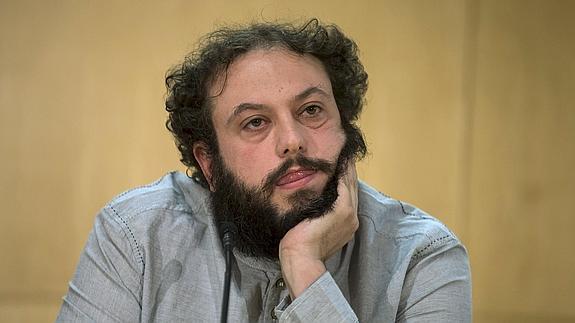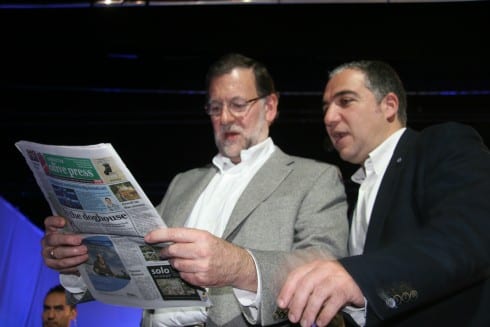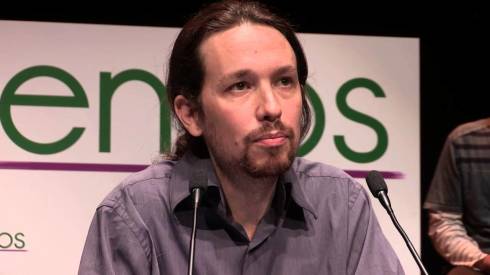IN politics, everything is fair and unfair.

When it comes to digging up dirt about a politician’s past, it is all part of the national electoral process.
So it isn’t surprising how a Madrid councillor’s provocative Tweets came to light last week just hours after he was appointed the city’s culture chief by incoming leftist Mayor Manuela Carmena.
Guillermo Zapata, a novelist and a screenwriter, said he meant no harm when he posted on his Twitter account some years back a series of anti-Semitic comments, including one that poked fun at the Holocaust, and criticisms of the Basque terrorism victims. It was all ‘dark humour’, he says.
Under pressure, Zapata gave up his cultural post 48 hours after he had been appointed, but vowed to continue to keep his seat on the Madrid City Council. His detractors believe that he should leave government once and for all, while his supporters, who claim he was a victim of dirty politics, believe that his freedom of speech guarantees were violated.
There is a very thick borderline between speech freedom and freedom to hate; the latter just doesn’t exist on the Spanish law books. A tolerant country, Spain has never been considered an anti-Semitic nation compared to other European countries.
However, it is often listed in annual international human rights reports with a short list of abuses and incidents that have taken place over the years at synagogues, public meeting places for the Jewish community, and in front of the Israeli Embassy in Madrid.
Zapata claims he was a victim and has apologised for his offending Tweets. But in this day and age, when we are seeing flagrant human rights violations based on prejudices, including the recent massacre of a group of African-Americans while they held a Bible study course at a church in the United States, this type of ‘dark humour’ only goes to foment hatred and resent.
Zapata should know better. For a leftist – which he claims to be – social equality, tolerance and civil rights are absolute virtues.











